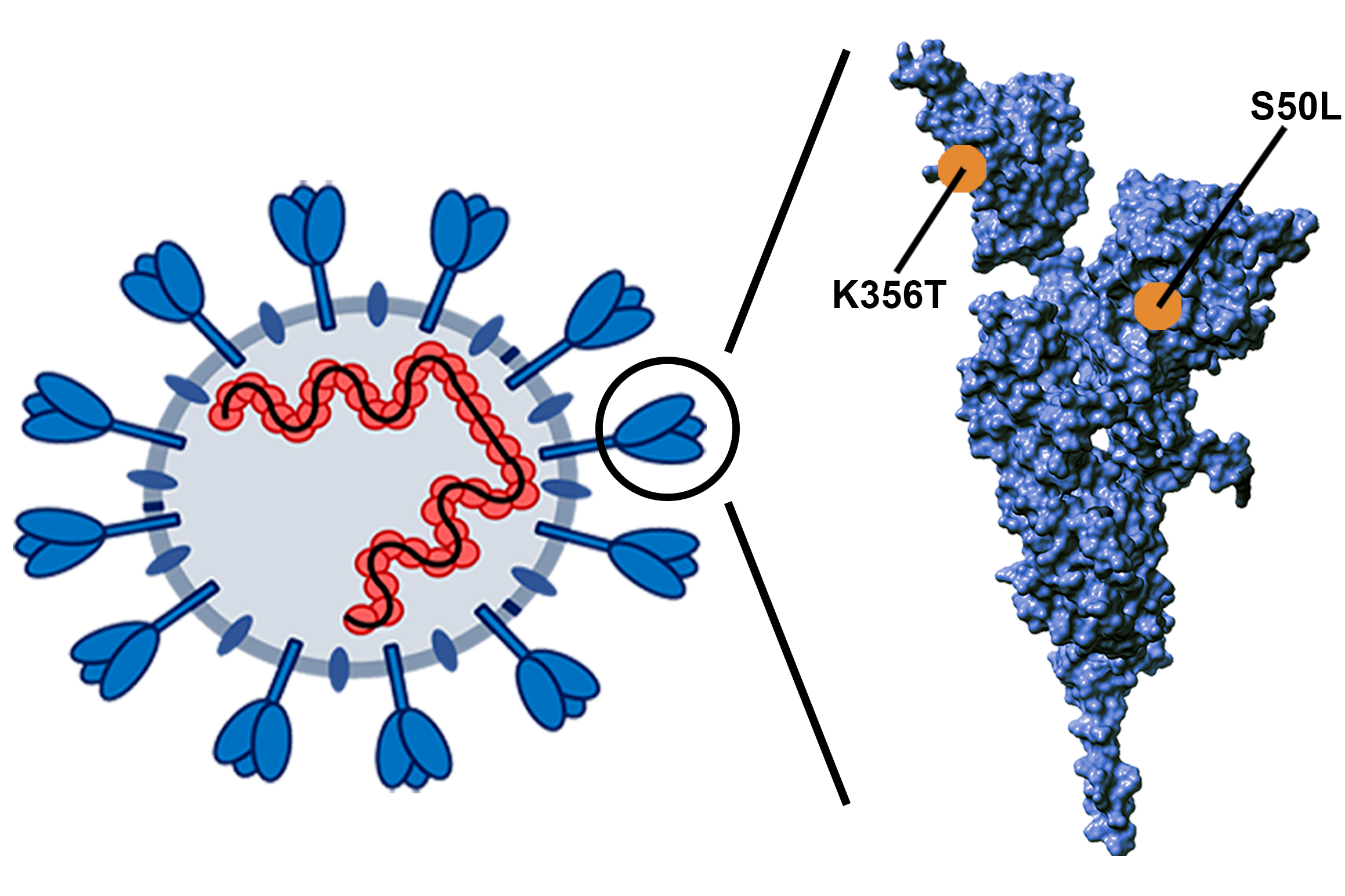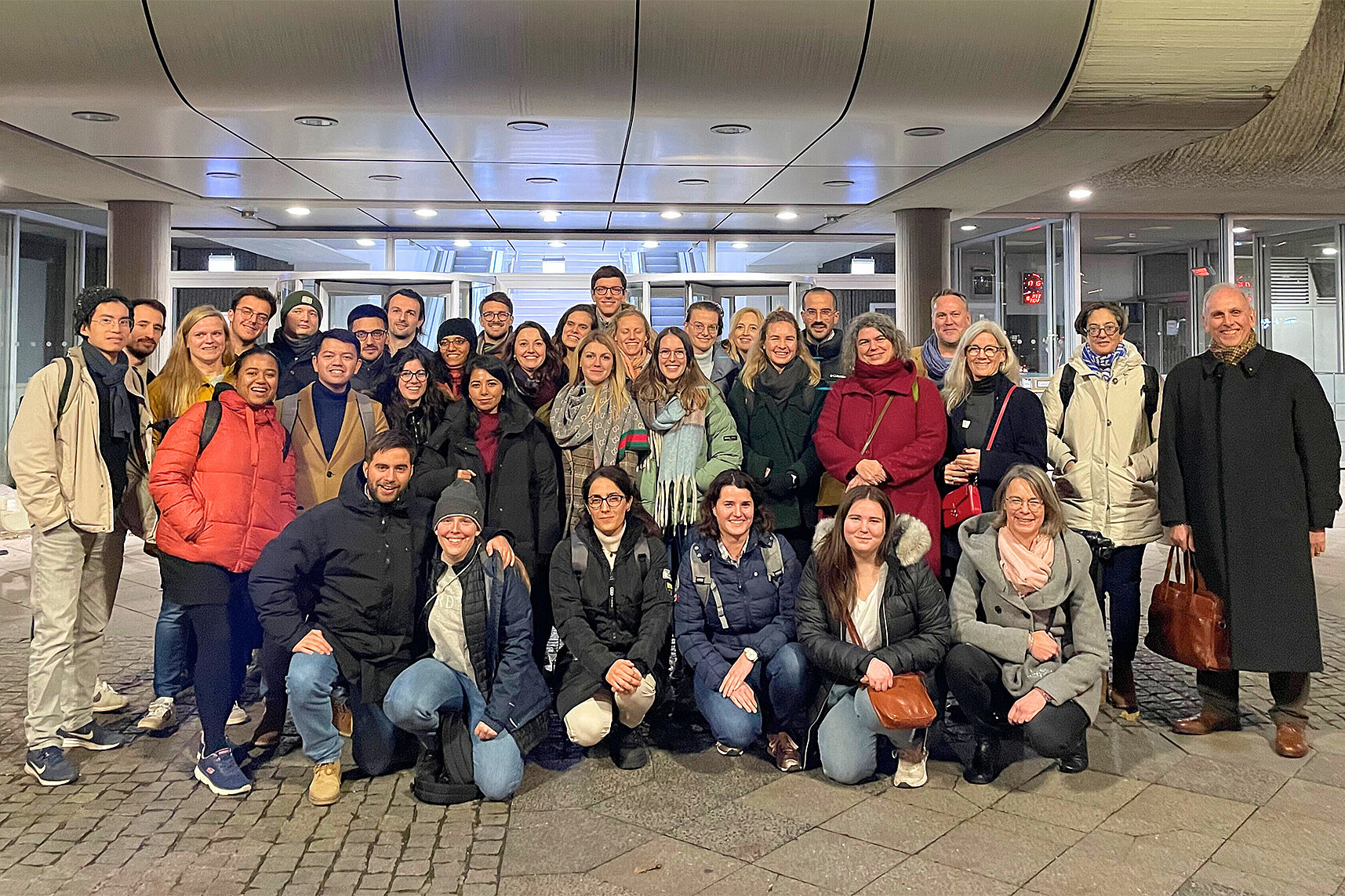Newsroom





HZI in the media
03.03.2026
|
DeutschesGesundheitsPortal
03.03.2026
|
Biermann Medizin
03.03.2026
|
Deutsches Ärzteblatt
01.03.2026
|
EUROPE SAYS
27.02.2026
|
MSN Deutschland
26.02.2026
|
Apotheken Umschau
25.02.2026
|
IFL Science
24.02.2026
|
Science News
20.02.2026
|
Deutsches Ärzteblatt
18.02.2026
|
Bionity.COM
16.02.2026
|
Phys.org
13.02.2026
|
Apotheken Umschau
![[Translate to English:] Endogener ASC-Speck, abgebildet in 3D mit dSTORM. © iScience, CC-BY-4.0](/fileadmin/user_upload/HZI/Media_Center/Newsroom/2023/2023_Webnews_LMU_Sieben_c_iScience_CCBY40.png)
